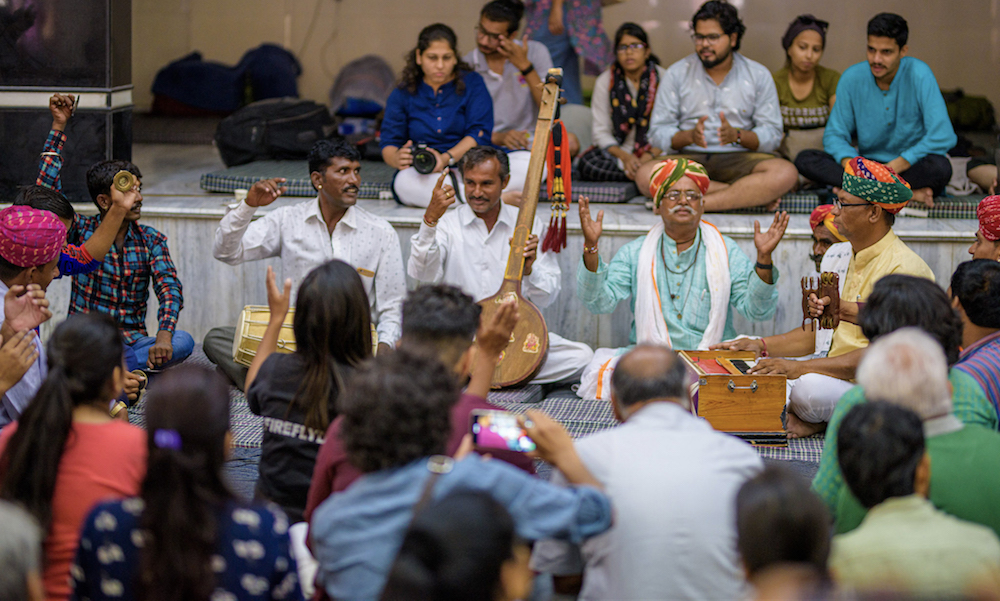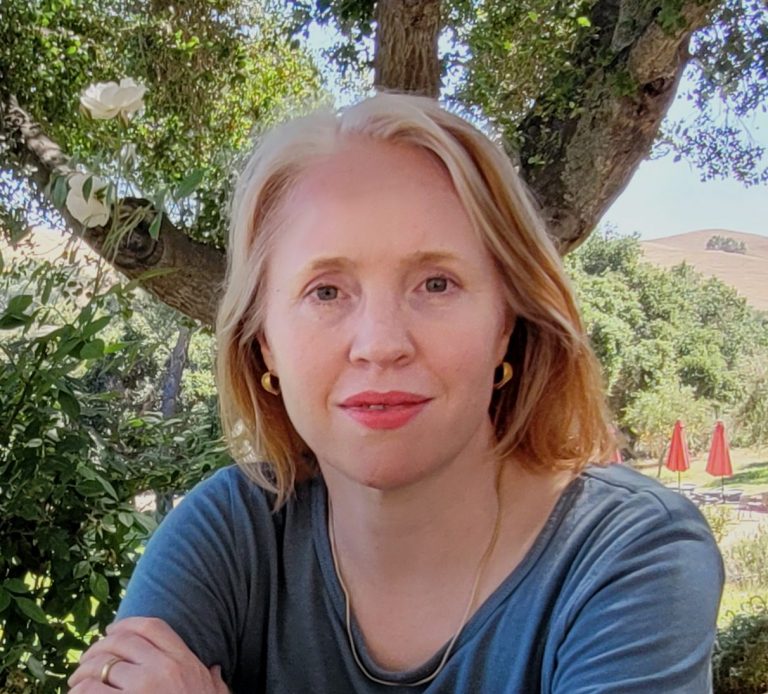Countering Religious Hate: Music as Mitigation Strategy
Abstract
Bhakti, and Sufism (devotional Hinduism and Islam), both of which have well admired musical traditions associated with them, have long histories of resisting religious fundamentalisms through values of faith-oriented egalitarianism. In India, Rajasthan Kabir Yatra or RKY (a cultural organization) and the Rajasthan State Police Department collaboratively took an initiative to organize Bhakti and Sufi events at the sites where incidents of religious hate took place. I intend to study the impact of this musical initiative as a mitigation strategy to counter religious hate in Rajasthan. I wish to explore why the state police department chose to use music instead of or along with constitutionally guided tools such as education, awareness, and accessible and prompt policing and judicial action. I explore whether this initiative is a populist move or if there is any deeper engagement with the communities. In addition, I will examine processes such as otherization, social-ostracization, and ex-communication within the world of Rajasthani folk music that affects inter-mingling and camaraderie among a diverse pool of people. Listen to the 10-episode podcast series on this topic in the links below.
Podcast
Listen to The Rohida Conversations
Rohida (Tecomella) is a flower found abundantly in Thar desert, where the project is based.
Website: https://mukeshkulriya.com/podcast/
YouTube: https://youtube.com/@mukesh_kulriya?si=UxW-oTHXWSsL1tje
Spotify: https://open.spotify.com/show/55CV1VF9GpplnJ6idTe9sG?si=29cj6ttsRlueh_rCZNCWoQ
Field
Ethnomusicology
Team
Anna Morcom, Mukesh Kulriya
Anna Morcom
Anna Morcom is the Mohindar Brar Sambhi Chair of Indian Music in the Department of Ethnomusicology, UCLA, and Director of the UCLA Center of India and South Asia (CISA). Her work focuses on Indian and Tibetan music and dance from perspectives including politics, nationalism, modern history, media, gender, and economy and development. She is the author of Illicit worlds of Indian dance: Cultures of exclusion (2013, C. Hurst and Co; OUP New York), awarded the Alan Merriam prize of the Society for Ethnomusicology (SEM). She is currently working on two co-edited volumes, the Oxford Handbook of economic ethnomusicology, with Timothy D. Taylor, and Creative economies of culture in South Asia: performers and craftspeople (Routledge), with Neelam Raina, and a new monograph on Hindustani music.
Mukesh Kulriya
Mukesh Kulriya is a Ph.D. scholar in Ethnomusicology, at The Herb Alpert School of Music, University of California, Los Angeles, USA. He previously received an M.Phil in Theater and Performance Studies and a Master’s degree in Arts and Aesthetics, both from Jawaharlal Nehru University, New Delhi. His research focuses on the intersection of music and religion in South Asia in the context of gender and caste. His Ph.D. research will examine bhakti, or devotion practices within the ambit of popular religion in Rajasthan, India. The project will also look at the cultural economy of the music festival and shifting patronage patterns. Since 2010, he has collaborated on India-based projects centered around the craft, culture, folk music, and oral traditions as an organizer, archivist, translator, and researcher. As a curator, he worked with Goethe Institut, Delhi on Music Library, curating protest music globally; and with Rekhta Foundation, Delhi to build Anjas, the first comprehensive oral tradition archive of Rajasthan.



